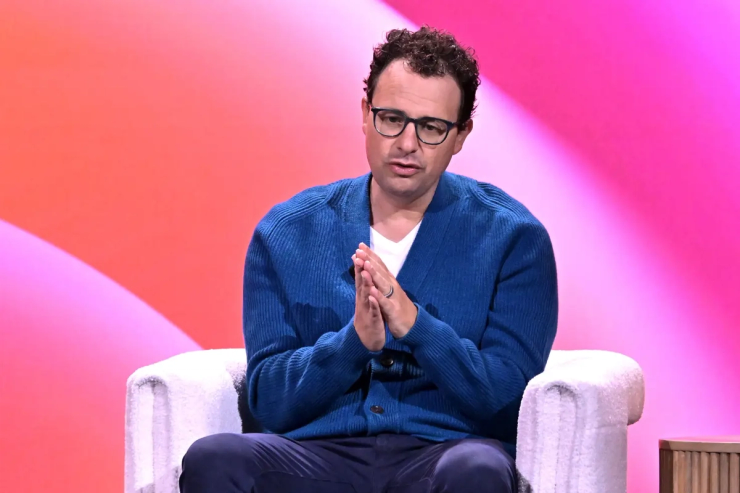Rachyl’s view
When it comes to AI marketing, the more apocalyptic the better. So if cybercriminals are going to use your AI tools in a hacking spree, you might as well boast about it. Anthropic revealed Thursday it disrupted what it believes is a Chinese state-sponsored group that succeeded in hacking a “small number” of global targets using Claude Code with minimal human engagement — what it called “an inflection point” in cybersecurity. The hackers’ use of Claude — rather than homegrown models like DeepSeek — highlights Anthropic’s (and the US’) lead in the sector. And it puts the company at the center of a moment cyber professionals have been preparing for: When automated hacks become a bigger threat than human-driven ones, requiring stronger AI-powered defenses.
Anthropic has put itself out there in the name of safety, publishing details about what it uncovers about its models that other companies often try to conceal. Earlier this year, it revealed that in experiments, Claude attempted to blackmail a supervisor and fictitious individuals to avoid being shut down. These reports have been in some ways insight into what’s likely happening across AI companies, while also fulfilling Anthropic’s self-described safety MO. It also frames the company as the playground safety captain needed in a developing industry, and using a self-reporting tactic regulators prefer. It seems to be working. None of these disclosures have tanked Anthropic’s reputation — they’ve instead bolstered its status as one of the most transparent players in AI.
In this article:
Room for Disagreement
Various studies, including a report from Texas researchers published in the Academy of Marketing Studies Journal, suggests that scandals negatively impact a company’s image and the likelihood consumers will make purchases from that firm.
While proactively sharing negative disclosures can lead consumers to view a brand as transparent, that response also depends on a company’s preexisting reputation and how it shares the information. “Repetitive or vague disclosures may dilute the impact and trigger consumer scepticism and backlash,” according to an article by Australian academics published this year. Anthropic received some backlash online for its latest report being vague.


